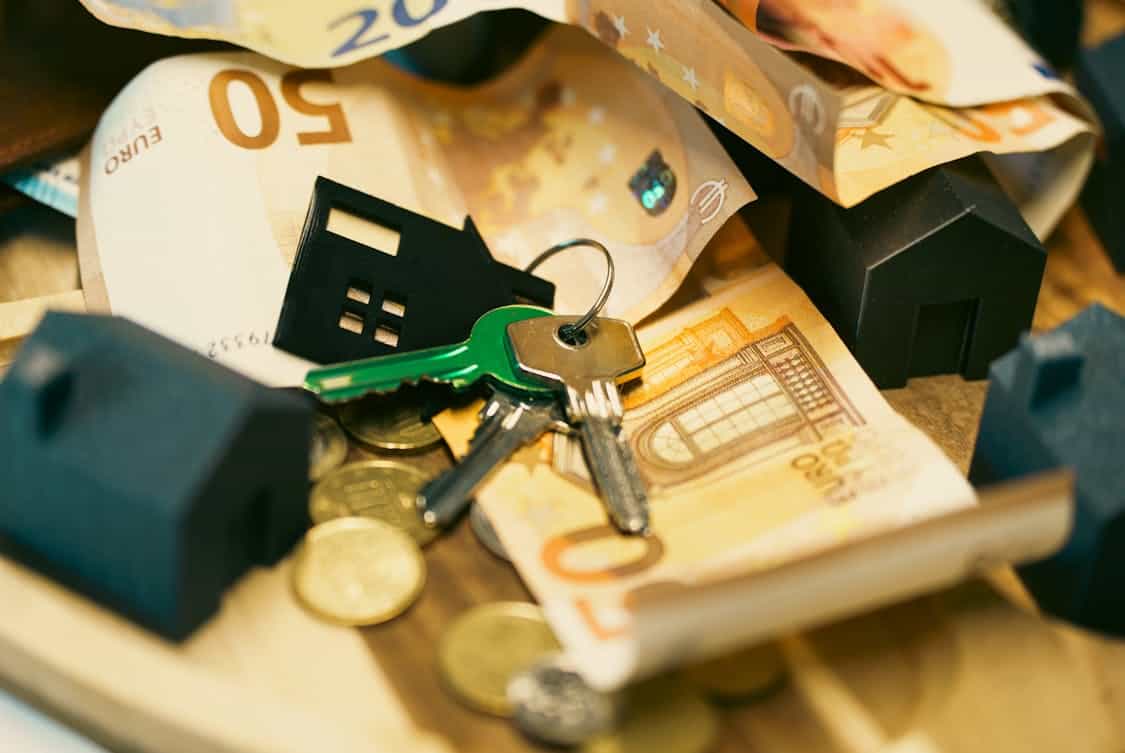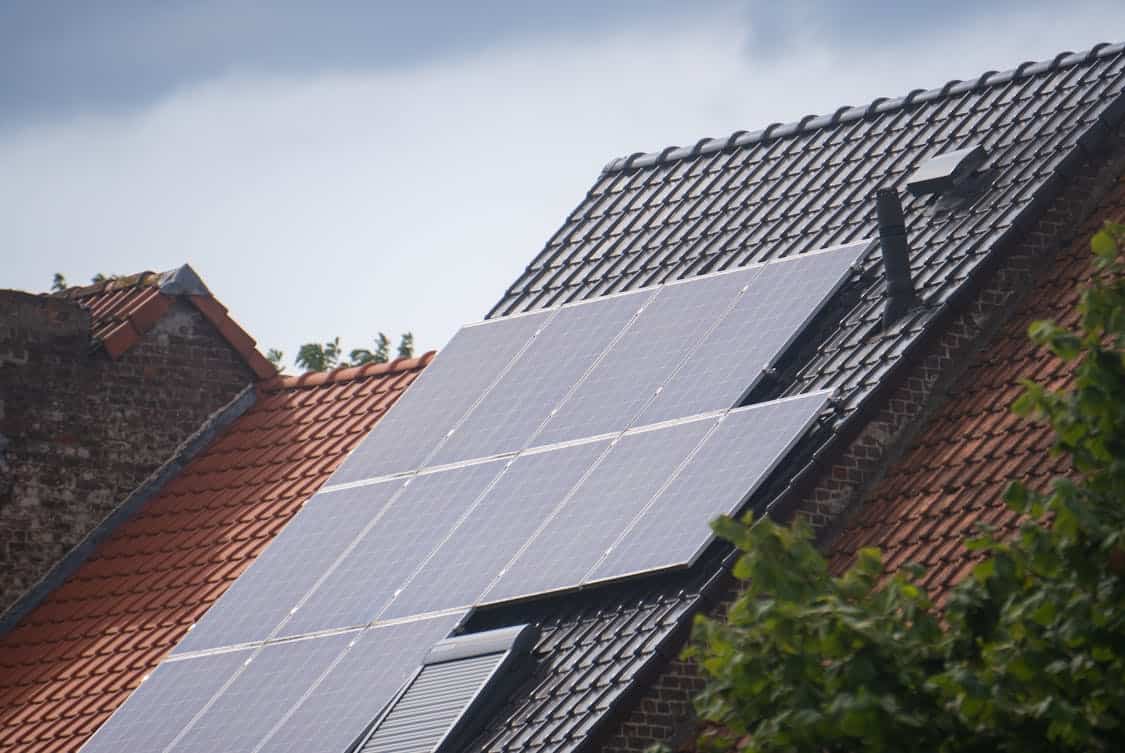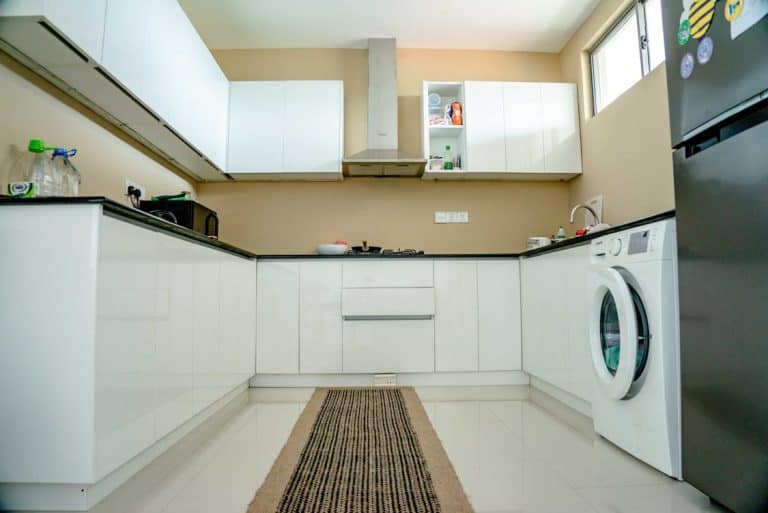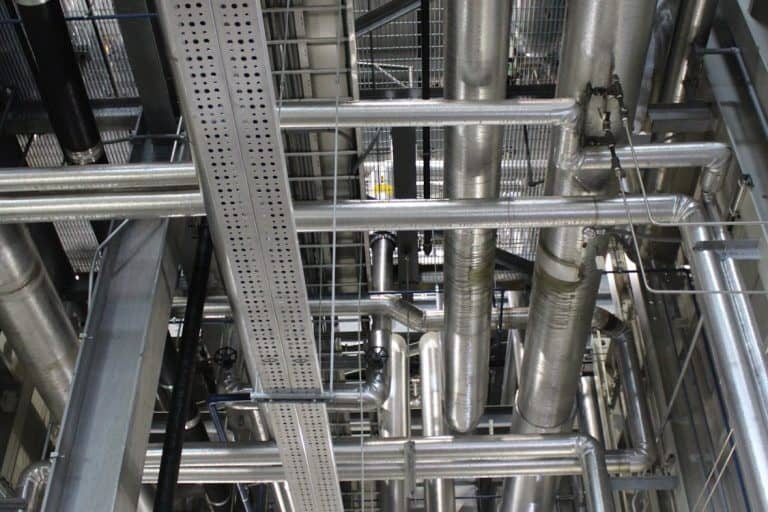Building a house is a significant investment that requires careful planning and smart financial decisions. While it can be tempting to cut corners, doing so can lead to greater expenses down the line. Fortunately, there are strategic ways to save money on your home-building journey without jeopardizing quality. Here are five effective methods to consider. …
5 Ways to Save Money During House Building Without Risk

Building a house is a significant investment that requires careful planning and smart financial decisions. While it can be tempting to cut corners, doing so can lead to greater expenses down the line.
Fortunately, there are strategic ways to save money on your home-building journey without jeopardizing quality. Here are five effective methods to consider.
1. Plan Thoroughly and Stick to a Budget
Creating a comprehensive plan is essential. Before breaking ground, outline every detail of your project from start to finish.
This includes selecting materials, estimating costs, and defining a timeline. The more thorough your plan, the less likely you’ll encounter unexpected expenses.
Sticking to your budget is just as important as planning. When you set financial limits for each aspect of the build, it helps you avoid overspending.
Keep track of every expense, and be honest with yourself about where you can economize. Regularly reviewing your budget allows you to adjust as needed, ensuring you don’t lose sight of your financial goals.
Consider incorporating contingencies into your budget as well. These are funds set aside for unforeseen circumstances.
By planning for the unexpected, you lessen the chance of financial strain later on. Think of it as a safety net, ensuring that you remain financially stable throughout the building process.
Lastly, make use of budgeting tools or apps. These can simplify the task of tracking your spending and help keep your finances organized. The easier it is to monitor your budget, the more likely you are to stick to it.
2. Choose the Right Contractors
Selecting contractors who align with your budget and vision is crucial. Do thorough research to find reputable builders, electricians, and plumbers. Check reviews, ask for recommendations, and ensure they have the necessary licenses and insurance.
Getting multiple quotes is another smart move. Invite different contractors to assess your project and provide estimates.
Comparing these quotes not only gives you a sense of the market rate but also helps you identify the best value for your money. Don’t hesitate to negotiate to see if contractors can work within your budget.
Consider hiring a general contractor. While it may seem like an added expense, a good general contractor can manage subcontractors effectively, potentially saving you money in the long run.
They’re skilled at negotiating with suppliers and often have established relationships that can lead to discounts.
Finally, maintain clear communication with your contractors. Establishing a good rapport can go a long way in ensuring everyone is on the same page.
When problems arise, a contractor who understands your priorities is more likely to work with you to find cost-effective solutions. Since land alone is often 50-70% of your total investment, choosing the right team to handle the remainder of your budget is absolutely crucial.
3. Opt for Energy-Efficient Solutions

Integrating energy-efficient solutions can save you money in the long run. While the initial investment may be higher, the savings on utility bills can be substantial.
Look into energy-efficient windows, appliances, and insulation. These can significantly reduce energy costs and improve the overall comfort of your home.
Solar panels are another option worth exploring. Although they require a significant upfront cost, many homeowners see a return on investment through reduced energy expenses. Plus, various incentive programs may be available to help offset initial costs.
Incorporating passive design elements can also be beneficial. Consider the orientation of your house, placement of windows, and use of natural light. By maximizing natural resources, you can reduce reliance on heating and cooling systems, which directly impacts your utility bills.
Finally, remember that energy-efficient choices can increase your home’s resale value. Many buyers are drawn to homes that promise lower energy costs, making this investment a win-win in terms of immediate savings and future returns.
4. Buy Materials in Bulk
Purchasing materials in bulk is an effective way to cut costs. Many suppliers offer discounts for larger orders, so consider this approach for essentials like lumber, drywall, and flooring. You might also find savings on fixtures and appliances when bought in larger quantities.
To make the most of bulk purchases, coordinate with your contractors. They often have established relationships with suppliers and can help you navigate the best options. Discuss your needs upfront to determine what can be bought in bulk without compromising quality.
Additionally, keep an eye out for sales or clearance items. Sometimes, suppliers offer significant discounts on overstocked items. If you can be flexible with your choices, taking advantage of these deals can lead to substantial savings.
Finally, don’t forget about local suppliers. Often, smaller, local businesses provide competitive pricing compared to larger chains. They may also be more willing to negotiate prices or offer delivery services, making them worth checking out.
5. Embrace DIY Projects Where Possible
Taking on some do-it-yourself (DIY) projects can save you money. While not everything should be self-built, there are areas where you can contribute without compromising quality. Consider tasks like painting, landscaping, or even installing fixtures.
However, be honest about your skill level. It’s essential to know when to tackle a project and when to call in a professional. Some tasks require expertise and could lead to higher expenses if not done correctly. Always weigh the potential savings against the risk of mistakes.
Incorporating family and friends can also help with DIY projects. Think of it as a chance to bond while accomplishing something meaningful. Just remember to keep it fun and avoid turning it into a stressful situation.
Finally, document your DIY efforts. This can be a great way to showcase your home’s unique character when it comes time to sell. Buyers often appreciate homes with personal touches, which may even raise your property’s value.
By strategically implementing these approaches, you can keep costs down and avoid risk during your house-building project. From smart budgeting and choosing the right contractors to opting for energy-efficient solutions, there are numerous ways to stay financially savvy without sacrificing quality.









